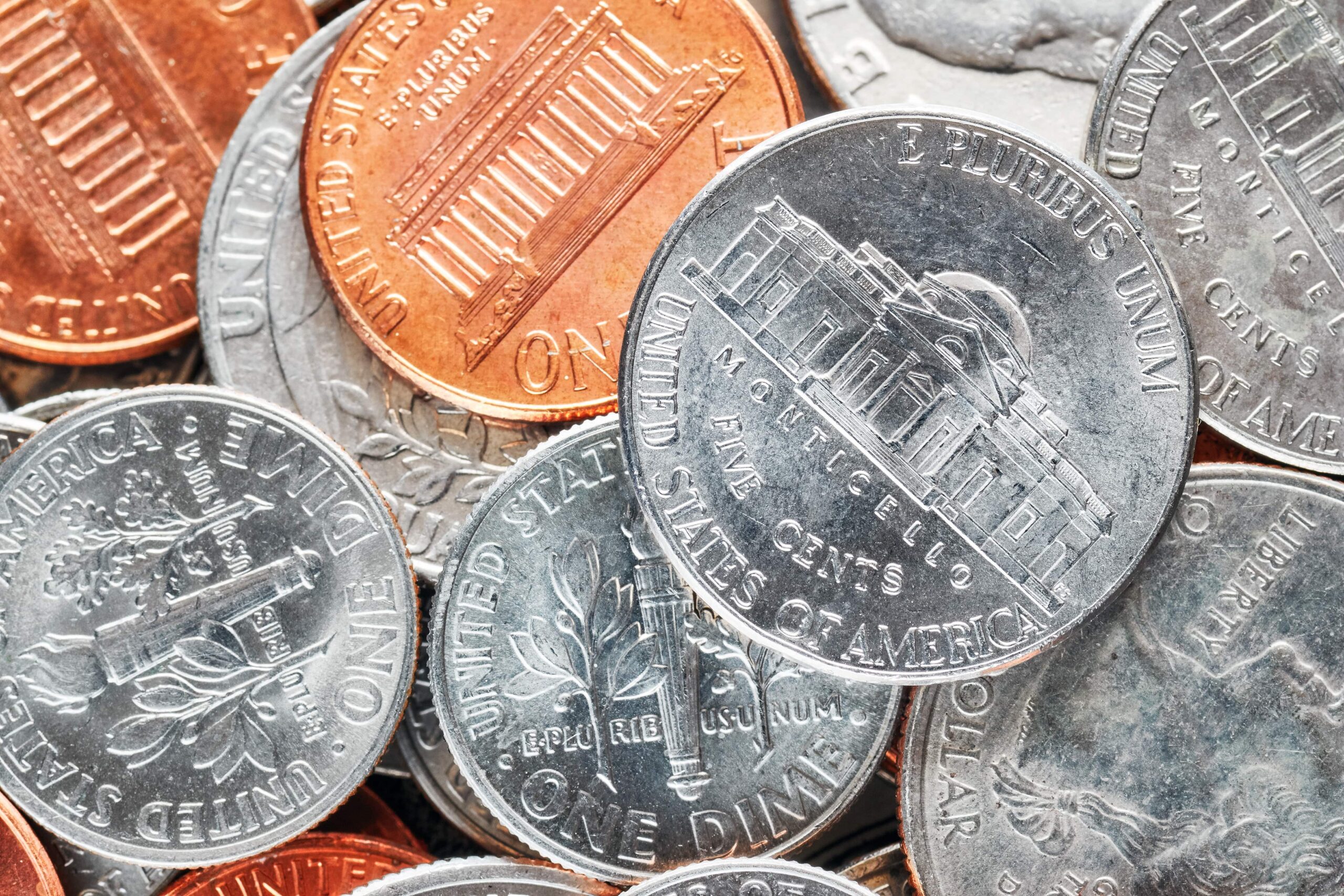
The average woman, according to a report from the Female Founders Fund, spends US$2,000 a year on trying to manage symptoms. Here are a few evidence, expert and experience-based suggestions on how to tackle how you feel without forking over any more cash.
MOOD
1. Get rid of ANTS
Automatic negative thoughts are the thoughts we have that lie to us and ruin our days. As the American psychiatrist Daniel Amen suggests, kill them by noticing they are there and writing them down.
2. No phones first thing in the morning
Nothing ruins mood and ability to concentrate more than looking at a phone first thing in the morning and nothing helps it more than not.
3. Short, daily nervous system resets
Take a cue from an Indian PhD candidate who used Indian classical music combined with ayurvedic treatments to improve menopause symptoms, and presented them in late 2022 to the World Ayurveda Congress and Expo. She found that the music matched with the natural frequencies of the body’s tissues and organs, diluting stress and ultimately soothing the hypothalamus-pituitary-ovarian (HPO) axis. If Indian ragas don’t do it for you, search “sound healing” on YouTube or your podcast provider of choice and take 10 or 20 minutes to listen with your eyes closed.
Or you can try structured breathing for 5 minutes, as promoted by Stanford neuroscientist Andrew Huberman and published in Cell Reports Medicine. After comparing five minutes of different kinds of breathwork, researchers found 5 minutes of cyclic sighing – two quick breaths in, one out, the kind you do automatically after a big cry – to be the most effective practice for improving mood, helping with sleep and with heart rate variability.
4. Regular grounding
A 2015 review of a dozen studies on grounding published in the Journal of Inflammation Research found reductions in pain and inflammation, improvements in wound healing and more. Anything natural works – and even better when the sun is involved. There is an essential electrically conductive reaction that happens when the human body touches the earth, which is why grounding is an essential reset for the nervous system and one of the reasons you feel so good after you go to the beach or sit in a park.
5. Let yourself feel bad until it passes
Shoving emotions down only makes them worse – and come back in different ways – and you’ve been doing it too long. The lid is ready to pop off the pot. So if you need to cry, cry, and know you won’t dissolve. As Andrea Brandt, a marriage and family therapist based in California, writes in her book Mindful Aging, letting your body respond however it needs when these traumas arise helps you process and release them, ultimately healing over time.
6. Tackly your air quality
This will actually save you money because all you have to do is take the scent out of your life, slowly replace your cleaning supplies and be aware of what’s seeping into the air around you.
Globally, according to the World Health Organization, air pollution kills 7 million people a year. When we hear those figures, we often think about the air pollution outside. But as Chris Leighton, founder of the Dubai-based company AirZones warns, it’s often the air pollution inside that’s wreaking havoc on us, something very few people discuss about menopause. Everything from scented candles to incense, cleaning products to perfumes and personal care products: once we inhale those invisible particles, many toxic, they are pumped into major organs all through our body in seconds. If you wouldn’t drink it or eat it – don’t use it in your house.
FOOD
7. Make friends with your gut
This doesn’t have to be complicated: chewing your food well and adding more fiber – sweet potatoes, carrots, broccoli and brussel sprouts, for starters – will go a long way. Experts recommend some digestive enzymes if you are still having trouble.
8. Cut down on seed oils
Seed oils are overly refined oils that are reactive, unstable and contain inflammatory linoleic acid, which is associated with heart disease, cancer, dementia, and other health problems. As Andrea Donsky, a Toronto-based nutritionist warns, these oils are in everything, and even more confusing, they can be labeled ‘heart healthy’. Replacing canola with olive or coconut is a great place to start.
9. Think about insulin resistance
Jessica Inchauspé, a biochemist, Glucose Goddess on Instagram and author of the Glucose Revolution often talks about food pairing, which is a simple switch and involves adding a serving of protein to fruit to minimize blood sugar spikes. Dione Milauskas, a dietitian and intuitive eating counselor who focuses on prediabetes, talks about sticking to an order of eating: vegetables, protein and fat, then carbs. And rather than obsessing about every bite you put in your mouth, Jenn Salib-Huber, a naturopath and the Menopause Nutritionist on Instagram, recommends increasing your energy demand with movement.
10. Take the seven-day electrolyte challenge
Jennifer Harrington, a naturopathic doctor in Sydney, Australia who serves clients all over the world through her company Menopause Natural Solutions, recommends adding a packet of electrolytes to your day, as long as they aren’t full of artificial colors and ingredients. Electrolytes are minerals in your blood that are essential for optimal heart, blood vessel and nerve function – specifically calcium, magnesium, potassium, phosphorus, sodium and chloride – and the upheaval of peri/menopause can greatly upset the balance. You could also drink mineral water, as recommended by Dr Wendy Sweet, a women’s health specialist in New Zealand.
SLEEP
11. Magnesium + Taurine + walking
This is Step 1 of New Zealand-based naturopathic doctor Lara Briden’s Rescue Prescription for Perimenopause and Menopause, as found in her book hormone repair manual, and it also includes walking. Studies have shown most of the population is deficient in magnesium, which is essential for hundreds of the body’s biochemical reactions, including energy production and muscle and nerve function. Taurine is an amino acid with effects on the liver, brain and immune system, and in women, estrogen can slow how it works.
12. Eat carbs — and eat them at night
This is a trick from New York City-based integrative dietitian Esther Blum, who even advises some of her clients to have a teaspoon of honey with salt before bed.
13. Morning sunlight
This is all the rage right now, probably due – again – to the popularity of Stanford neuroscientist Andrew Huberman. Get two minutes, five minutes, 10 minutes – whatever time you have. You don’t have to stare at the sun, just be out in it and optimize how your dopamine is released and help keep your cortisol peaks to the early part of the day, among the other important effects. Pair it with a walk for even more benefits.
14. No phones before bed
Too many of us are looking at our phones or computers right up until we retire and it’s ruining our sleep, even if we aren’t aware of it.
15. Stretch in the evening
Mady Morrison on YouTube has great silent stretching sessions, some just 15 minutes long. Or just do what feels good while watching a short show. Better than a sleeping pill.
Ann Marie McQueen is the founder of Hotflash inc, a global platform to inform, inspire and entertain people in peri/menopause while bridging the gap between mainstream medicine and holistic care.






